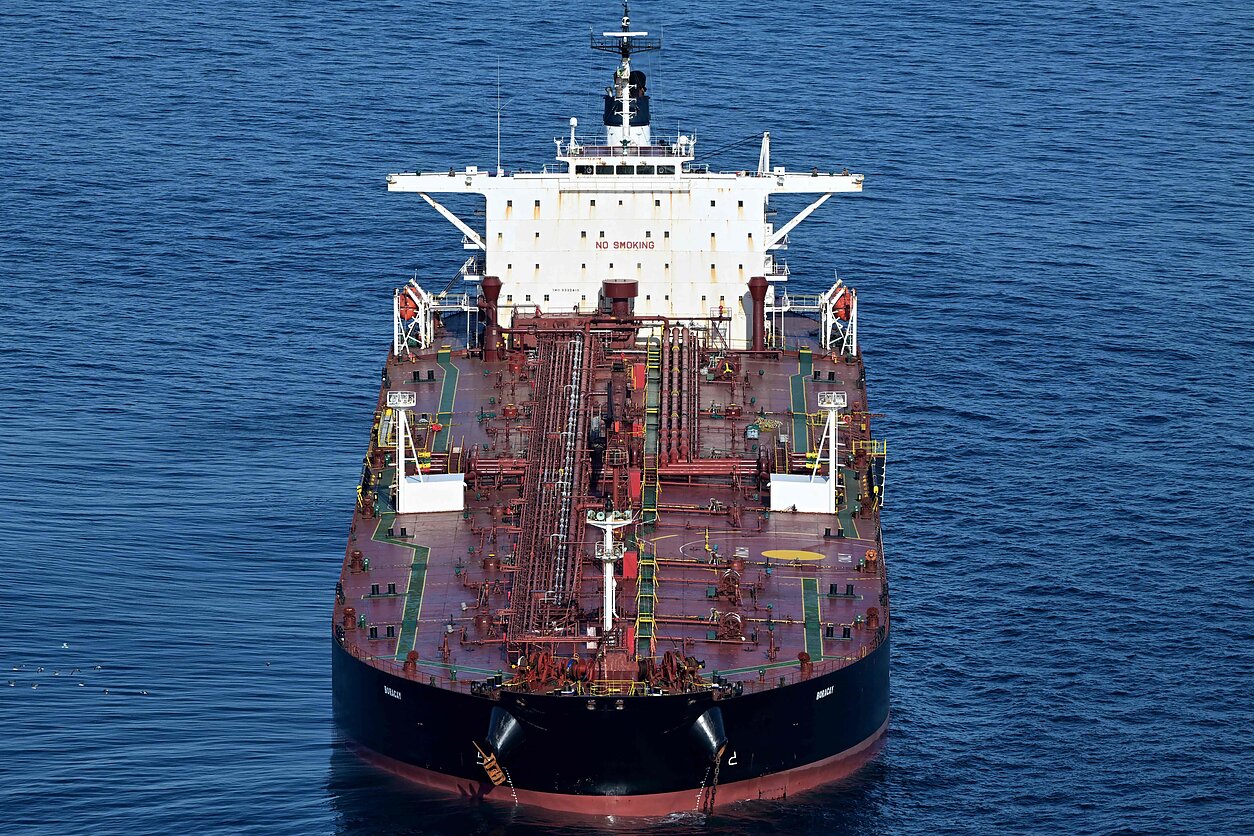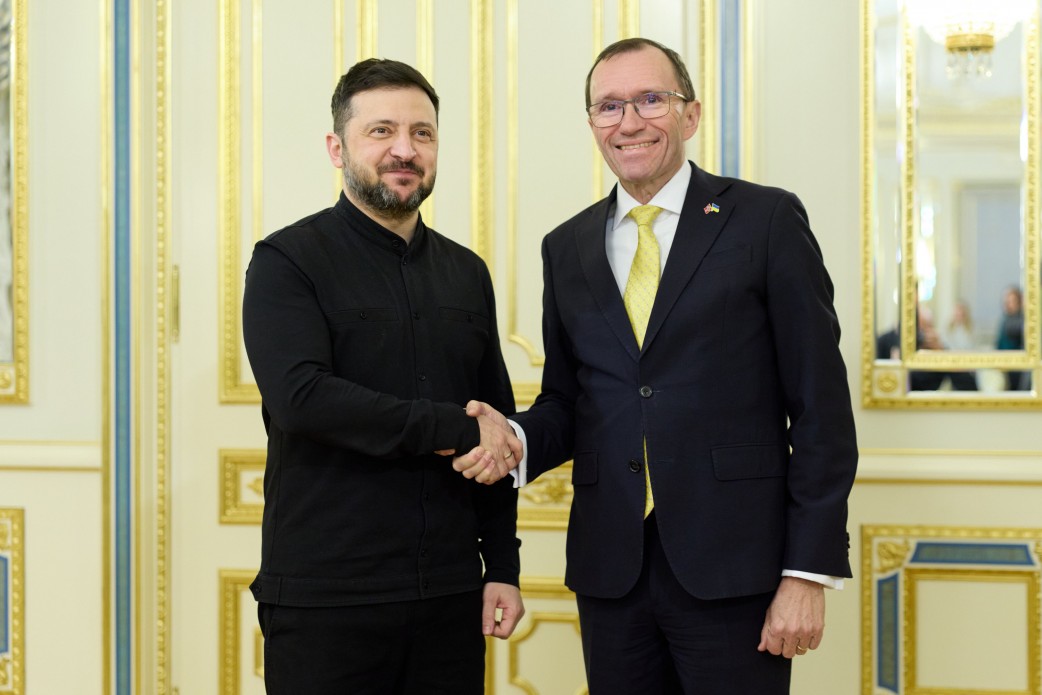Main image: A vessel from Russia’s shadow fleet by AFP
The European Union has reported a significant increase in Russia’s shadow fleet used to evade international sanctions on oil exports, LRT reports.
According to a document prepared ahead of the EU Foreign Affairs Council meeting in Luxembourg, the fleet now consists of between 600 and 1,400 tankers. Experts advising EU High Representative Kaja Kallas note that these vessels not only help sustain Russia’s wartime economy but also pose serious environmental and navigational risks. Accidents involving such tankers could cause major oil spills and marine pollution, with severe consequences for coastal areas, ecosystems, and fisheries.
Many of these ships have opaque ownership structures and are uninsured or underinsured, meaning that in the event of incidents, losses would likely fall on taxpayers in coastal countries.
Moscow has for years used this shadow fleet to circumvent Western oil price caps by chartering old vessels with hard-to-trace owners, disabling automatic identification systems, or conducting ship-to-ship oil transfers at sea.
Kallas emphasized that Russia has been “creative” in evading sanctions, and the EU must be equally adaptable. She noted that while the bloc has made progress in cutting Moscow’s fuel revenues, ministers will discuss further coordinated measures.
The document also warns that some vessels in the shadow fleet could be used as platforms for launching drones, including for reconnaissance or electronic warfare. These concerns grew after unidentified drones recently disrupted air traffic near Copenhagen, Denmark.
Kallas proposed tougher measures against ships and shipping companies involved in the shadow fleet, as well as closer cooperation with coastal states and flag countries. Ideally, she said, such states should authorize EU naval forces to inspect suspicious vessels.
Since June 2025, three EU naval missions have been tasked with monitoring the shadow fleet, gathering intelligence, and participating in Operation Aspides, which protects commercial ships in the Red Sea from Houthi attacks.
The EU also plans to expand its sanctions list: under the 19th package of sanctions against Russia, the number of vessels banned from entering EU ports and subject to additional restrictions will increase from 444 to 562.




















